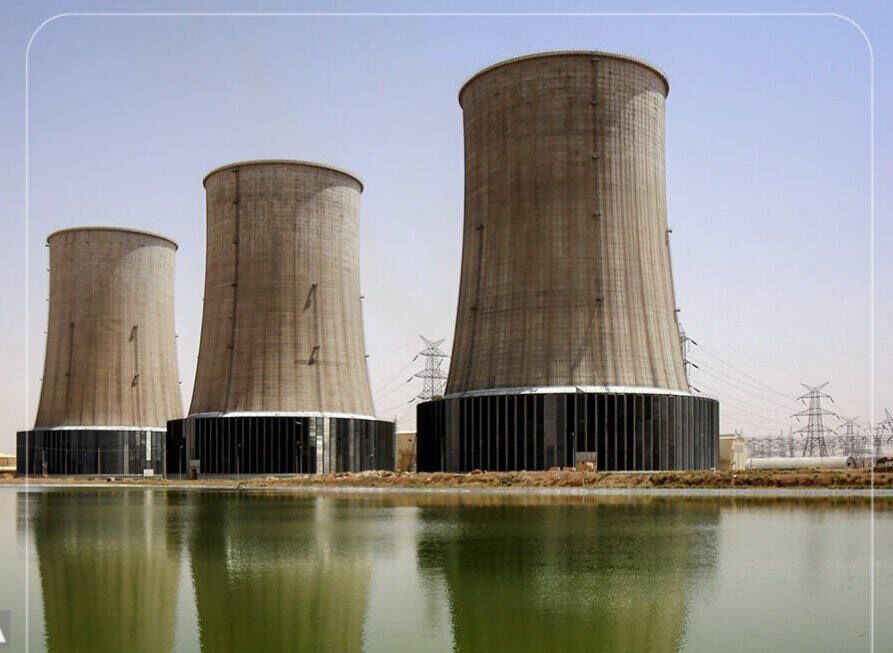Speaking on Wednesday during a visit by Oil Minister Mohsen Paknejad to the company, Keramat Veis-Karami stated that as of August 22, power plant diesel reserves totaled 1.8 billion liters, compared to 3.2 billion liters during the same period last year.
He went on to say that this indicates a shortfall of 1.4 billion liters in diesel reserves at the start of this year compared to last year.
Veis-Karami noted that heavy fuel oil reserves in early September had decreased by 460 million liters compared to the same period last year, resulting in a total reduction of 1.9 billion liters of liquid fuel (diesel and heavy mazut) reserves by the end of August.
He added that storage facilities of the NIOPDC also experienced a 700-million-liter decline in reserves in late August compared to the previous year. Altogether, liquid fuel reserves and storage had decreased by 2.6 billion liters year-on-year.
In the sixth month of the Iranian calendar (August 22-September 21), an average of 133 million liters of gasoline were distributed daily in Iran, Veis-Karami said.
Despite this high distribution volume, between August 1 and December 17, the average daily delivery of diesel to power plants was 48.3 million liters, while heavy fuel oil deliveries averaged 24.6 million liters. In total, 73 million liters of liquid fuel were delivered to power plants daily, representing a 34% increase compared to last year.
Over the past four months, 6.8 billion liters of liquid fuel were delivered to power plants, reflecting a 48% rise compared to the same period last year, a 27% increase compared to two years ago, and an 11% growth compared to three years ago.
Since the beginning of the current Iranian year, a total of 14.06 billion liters of liquid fuel have been supplied to power plants, Veis-Karami noted adding that this figure is up from approximately 9.87 billion liters during the same period last year, indicating an increase of about 4.2 billion liters.
On average, 320 million liters of liquid fuel and oil products are distributed daily across Iran. The addition of 2,500 new tanker trucks to the fleet has brought the total number of road fuel tankers to approximately 16,400.
On Tuesday, 5 million liters of diesel fuel were transported from storage facilities in Abadan, Ahvaz, and Arak to the Damavand power plant. A total of 37 operational areas, alongside the NIOPDC and Iranian Oil Pipeline & Telecommunications Company, manage the transportation and distribution of fuel across the country.
The fuel distribution network includes 4,600 liquid fuel stations, 2,500 CNG stations, and approximately 16,000 transportation units.
Veis-Karami also highlighted the marine fuel delivery operations, which use six small vessels to supply islands and three large ships to transport fuel between refineries and export ports.
In the transportation sector, 460 million liters of fuel are allocated daily. Veis-Karami warned that manual handling of fuel allocation documents could lead to fuel diversion and off-network sales.


Your Comment